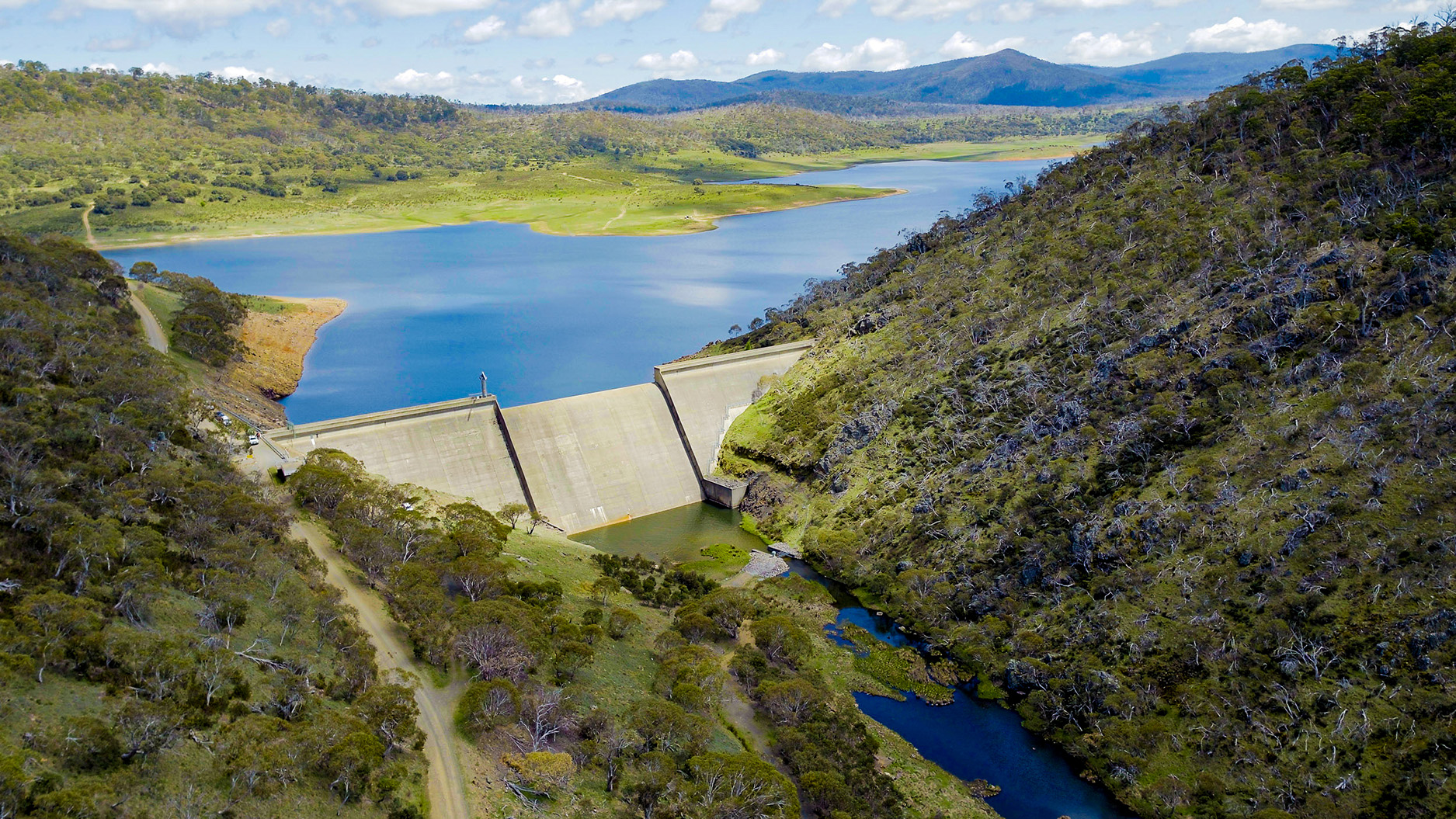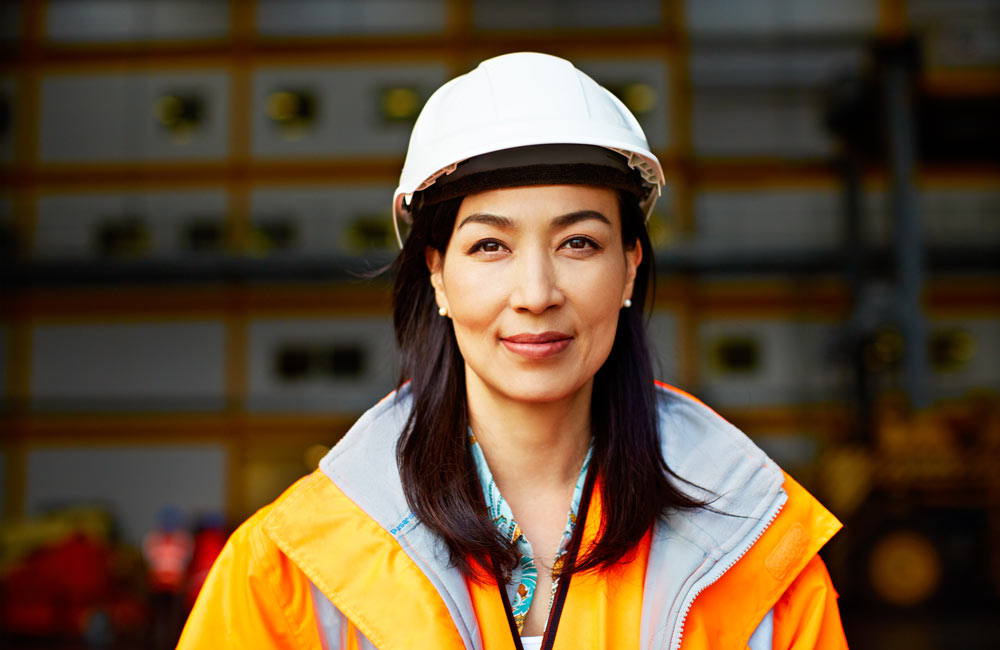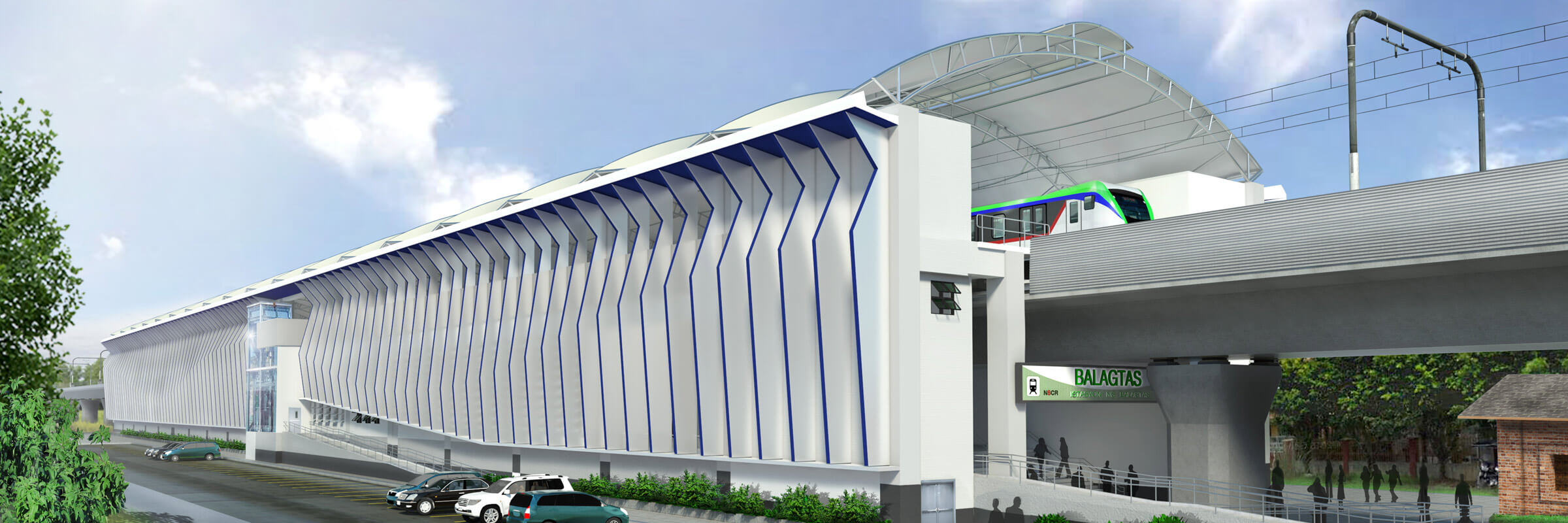

Resilience, optimism and commitment
I took the opportunity to speak with Dennis about what it’s been like living so far from home during a global pandemic, being away from his wife and two children for an extended period. Dennis explained that his team played a big role in supporting him to take a two-year sabbatical to complete his Master of Engineering Science with UNSW while remaining employed with SMEC Kenya.
“In addition to furthering my education, I have also been able to work with SMEC’s Tunnels team here in Australia, helping me develop my skills through on-the-job training. This created the opportunity to work in a very empirical field and learn skills that aren’t as fully developed yet in Africa. I had the opportunity to learn and utilise immersive environments in my designs ,” he said.
As a company, we’re strong supporters of global mobility, collaboration and communication, all of which became even more essential as we found ourselves in the middle of the COVID-19 pandemic.I know that Dennis will take valuable strategies back to Kenya and that he will be in a strong position to use his research and knowledge to make a difference. It is a privilege to have been a mentor to Dennis during his time in Australia.
Read on for my full Q&A with Dennis:
Q: How do you manage your work/life balance and wellbeing when your family live on the other side of the world?
A: “Scheduling daily activities has helped, including work, communication with my spouse and children via video calls, exercise and recreation with friends I have met during my studies in Australia.
“I run at Centennial Parklands and from my residence to Coogee beach. Where possible, our Tunnels team also meets regularly for lunch. We have ‘learn alongs’ and ‘meet and greets’ with team family members, and I find that these really foster a sense of community. I’ve also built positive relationships between myself and the Kenyan community living in Sydney.”
Q: How did you decide that doing your masters was the best career step for you?
A: “It is widely recognised that many countries are entering an era of severe water shortage. Kenya specifically is classified as a water scarce country characterised by high spatial and temporal variability and extremes of droughts and floods. The country is currently facing recurrent droughts and urban flooding that have been linked to climate change and seasonal migration of the Intertropical Convergence Zone (ITCZ).
“The Master of Engineering Science, Water, Wastewater and Waste Engineering program at UNSW offered an opportunity to gain new skills in climate change prediction and weather forecasting that will really benefit my country, and greater Africa, in the long term.”
Q: How will you be able to put your knowledge into practice back at work in Kenya?
A: “In Kenya, I work in the Water and Environment team with responsibilities for design and contract management. The role requires skills in climate change, solid water management and water treatment, all of which I have been enhancing through my studies.
“Climate change isn’t well studied and documented in many African countries. My acquired competence in this field will help me better support our clients in terms of Water Sensitive Urban Design (WSUD), dam heightening, drought forecasting and mitigation studies etc. Solid waste management is also a major problem in Africa, and the skills I have developed through my studies could open up new business opportunities.
“In relation to water treatment, apart from the existing, well-known contaminants in African urban water supplies, emerging contaminants such as Artificial Sweeteners Polyfluoroalkyl Substances (PFAS) used in food packaging are now proving difficult to treat. I will be able to provide advice and assistance to clients based on my extensive studies on emerging contaminants. All of this will help to drive positive change and future development for our communities.”
Q: What are your aspirations once your masters is complete?
A: “I’d like to continue working with SMEC for the foreseeable future. Having gained skills in tunnelling, I am keen to upskill my colleagues back in Africa and ultimately help secure projects in a novel field that has immense potential, especially as most of Africa is transitioning to renewable energy sources like hydropower that usually work in tandem with tunnels.”
Related
Insights
 A recipe for success
A recipe for success
If I wasn’t working in engineering, I would definitely be a chef – probably on my way to earning a Michelin star or two!
 Collaboration key to successful community outcomes for water resilience projects
Collaboration key to successful community outcomes for water resilience projects
The Murray-Darling Basin is an area of vast significance to Australia. It plays a crucial role in Australia’s food supply network, producing over 40% of our agricultural produce, and is home to 35 endangered species and 16 internationally significant wetlands. It supports over 2.2 million Australians, including 40 different First Nations communities.
 Challenge the status quo
Challenge the status quo
Make no mistake, in 2018 gender is on the agenda. From pay parity to the gender gap, to women in leadership roles, the discourse regarding the role of women in traditionally male-dominated workforces is taking poll position.
 What advice would you give your younger self? SMEC’s women in engineering reflect on their career journeys
What advice would you give your younger self? SMEC’s women in engineering reflect on their career journeys
Reflecting on Women’s Month in South Africa, SMEC South Africa celebrates their very own women in engineering - inspiring females who are not only transforming our built environment but leading the way for the next generation of female engineers.




